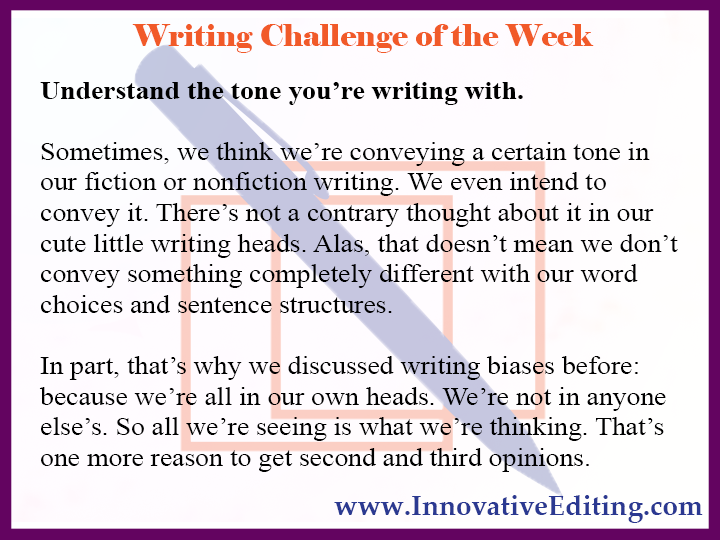Complicated Information? Awesomely Understandable Presentation!
- Jeannette DiLouie
- Nov 15, 2017
- 3 min read

Editor’s Note: Today, I’ve asked Tony Ceraso to fill in for me. Founder of Home School Astronomy (www.HomeSchoolAstronomy.com) and author of its array of amazing astronomical presentations, Tony has his master’s degree in education and has actually written curriculum for NASA and the National Air and Space Museum.
That’s a very good indication of how much he knows about astronomy, an exceptionally vast and complicated topic. Yet he still manages to do a great job of taking that kind of material and making it understandable, not to mention utterly fascinating!
As fiction or non-fiction book writers, that’s a skillset many of us can use when constructing our manuscripts.
Are you working on science-fiction or historical fiction? Does your manuscript deal with concepts most of your readers aren’t going to automatically understand?
In that case, listen up! Because an utterly understandable – and utterly fascinating – class is now in session.
Writing about complex information that might be new to your readers can be a challenge. So here are some tips loosely based on the work of famous psychologist Jean Piaget to help you out.
Whenever we learn something new, we look for where it fits based on our current understanding. We want to put it in a pre-existing “learning folder” that we have in our head's filing cabinet.
For example, if I see a bright streak of light across the night sky, I’ll want to properly classify it. To do so, I look at my current folders list.
Was it a plane?
Was it a meteor?
Was it a UFO?
Once I decide what it was, I file it away. Nice and neat.
But what if I see something I've never seen before – something I can't put in an existing folder? Well, I’d then have to create a totally new folder in my head based on this new experience or information.
Problem is this is VERY difficult to do the older we get. Children, of course, do it all the time since nearly everything is new for them. But even as teenagers, it starts getting harder and harder to learn or understand anything that’s completely new.
That’s something we writers have to seriously consider if we’re going to write about complicated new subject matter, particularly in the sciences. If we’re going to introduce new folders of information – ones that aren’t likely to connect with anything else our readers understand – it’s our job to help them with the process.
And, of course, it will be a lot easier on them if we ask them to build on what they already know rather than insisting they learn something completely new.
Let's say, for example, that I want my readers to understand that gravity isn’t really a force of its own but the result of the fact that massive objects bend space.
Did your head just explode?
Mine too.
Clearly then, I need to start with something readers will probably already know and build on that. Maybe something like this…
If you place a bowling ball on a trampoline, the bowling ball is going to press a dent into its fabric. And if you decide to toss marbles onto the trampoline from there, those smaller objects are going to fall toward that dent and the heavy ball.
Now that we've given them something they understand like bowling balls and trampolines and marbles, we can stealthily connect it to new information like this:
The trampoline is like the fabric of space, and the bowling ball is like a planet. Any massive object, like a planet, is going to naturally press down on space, leaving an indentation that other smaller objects nearby will slide toward. This is why heavy objects like planets attract smaller objects like moons and meteors.
Much easier to mentally digest, right?
So if you’re writing about something fictional that’s going to require a leap of faith on your readers’ part, just try connecting it with something they already understand or believe.
Say your story involves ghosts, a subject that most people don’t believe in. In that case, ask readers if they've ever felt an unexplained chill or the vague presence of a loved one who has passed. Once you get them thinking about their own experiences – their own mental folders – that might relate to ghosts, you've got them that much closer to where you want them to be.
By the way, from an academic standpoint, those folders are called schema. Connecting or building new information onto old information is called assimilation and stratification.
And once you've taught the reader the new information or gotten them to believe something they previously didn’t accept? That’s accommodation. It means you've actually made them modify their schema.
Which is no easy task, so nice job!
Tony Ceraso




